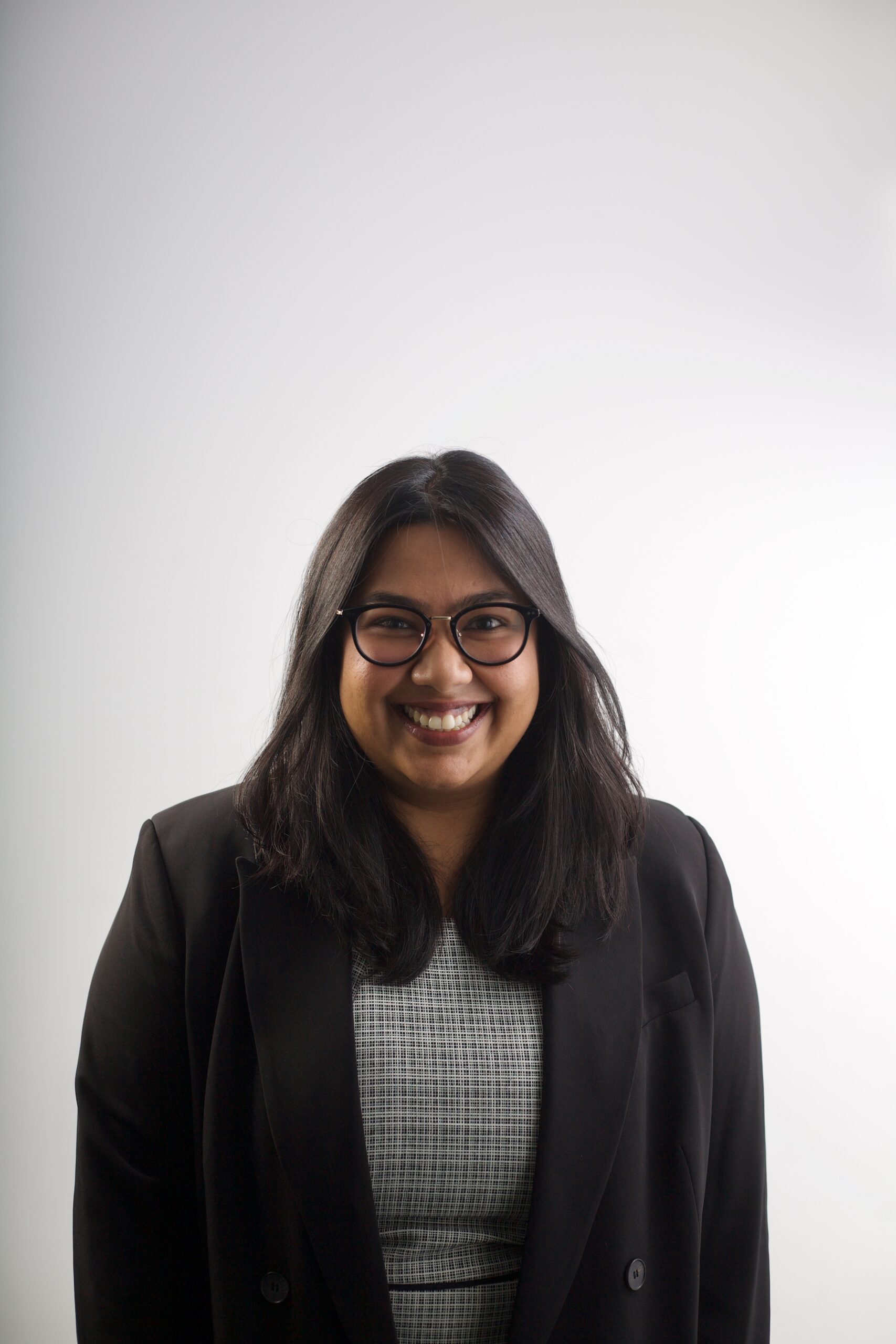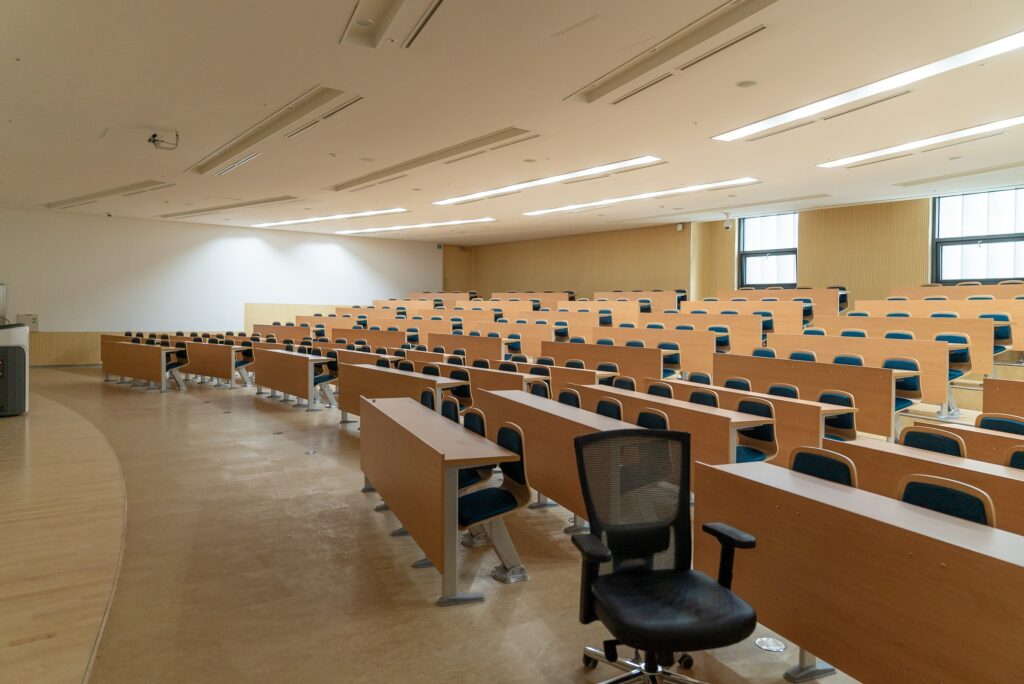Photo by Changbok Ko on Pexel
My first encounter with teaching was in 2018. I had just graduated with a Master of Business from Monash University in Melbourne and was presented with the opportunity to facilitate workshops and seminars for the Bachelor of Business and Bachelor of Management students at the same university. I was to work as a Teaching Associate. What started off as a one-semester job while I looked for “permanent” jobs in the industry ended up changing my career path altogether. I taught multiple subjects at the Bachelor’s level at Monash Business School for three years and thoroughly enjoyed being in the classroom. This time, on the other side of the desk. But I do not only reflect on my teaching experiences as someone who has been doing this for a few years; I have also interviewed my amazing colleague and friend, Tatjana Graf, who was on the other side of the desk for the first time last year, to understand her perspective and experiences as well.
Growing with challenges
In August last year, I was presented with the chance to teach Qualitative Research Methods to a workgroup of Bachelor students at Radboud University in the Netherlands, where I am currently working as a PhD candidate. I jumped on the opportunity. Little did I realise the teaching challenges that were in store for me as a full time PhD candidate! It was a subject that I had never taught before, but what came in handy was that I have ongoing experience in conducting my own qualitative research. I massively relied on that and tried to link it to the content I was teaching. I also gained deeper knowledge and understanding of my own research while discussing certain aspects of it with my students as I had to reflect on my own research design while I taught them how to practically work on and implement theirs.
Despite having taught for a few years before, I still suffered from doubting my own knowledge and skills and often felt an imposter syndrome that most PhD students/candidates are much too familiar with! I worked on overcoming this by preparing myself for each session and reminding myself that I have done this before and I have the knowledge. This feeling was reaffirmed when I was able to answer some of the queries the students asked. On occasion, when I did not have an answer, I always promised to get back to them and after reading up on the topic or consulting with my colleagues, was able to do so. This not only helped in improving my own knowledge but I saw that the students respected an honest answer.
The importance of setting boundaries
However, amongst all this, the biggest challenge I personally experienced was how time-consuming it was to be in charge of one workgroup. Not to mention the panic-stricken emails from students regarding their assignments, COVID-related issues, group-work issues and much more. I was also working on my research proposal and its defense, an important first year milestone at Radboud University. So, balancing time for research and teaching was particularly challenging. As I had the experience of teaching and studying at the same time I had some tools in my arsenal to use. I relied on setting clear boundaries not just between work and life but also between research and teaching. However, I was very curious to know what Tatjana’s experience as a first time teacher was like and how she managed these challenges. This is what she had to say.
RM: What has your teaching experience been like, as someone who is doing this for the first time?
TG: It was something I was doing for the first time, so from that point of view it was very daunting. I felt unprepared, especially for the first two sessions. I have an expectation for myself, like most of us, to be a good teacher because I know and have experienced that well-conveyed knowledge can change a student’s study experience. After the first two sessions, I realized that interactions with students can also be beneficial for me. So, reflecting back on the experience I would say it was not as bad as I thought it would be! And there is definitely room for doing this again and adding on to the experience of teaching.
Challenges of first-time teaching
RM: What were some of the challenges you faced and how did you overcome them?
TG: For me, the big challenge was doing something I haven’t done before and also doing that while also doing other stuff (PhD) that I have never done before! The other challenge was teaching in a language that is not my first language.
I dealt with the challenges, first, by freaking out and then quickly moving on to just doing it. I think I overcame the challenges by being as prepared as possible for the sessions. And even if something was not working, I reminded myself that it is still okay. Reflecting back, I was probably more insecure about my own insecurity about the experience than the experience itself. What also helped me was sharing my thoughts with other people.
RM: What is your biggest takeaway from this experience?
TG: I realized I had more knowledge than I thought I had and the students are very willing to learn. It was nice to see the growth of students over the weeks. I had a group of students who did not pass the assessment but improved on the re-sit because they put in a lot of work and effort. I also realized that I could handle stressful situations, even with challenging students.
RM: What advice would you give to a PhD candidate teaching for the first time?
TG: I would say it is completely fine to be nervous because it is an important task. At the same time, don’t let the nerves overwhelm you. It is okay to make mistakes and also ask for help from your colleagues and supervisors!
Recommendations for first-time teaching
While the goal of this blog was to not come up with any advice but rather to reflect on our experiences of teaching as PhD candidates, I do feel inclined to share some recommendations inspired by our experiences, hoping it will help someone in the future:
- Ask for help! It could be anyone, your supervisors, colleagues, anyone.
- Give it a shot. While it may seem daunting at the beginning, it is a highly rewarding experience.
- Boundaries. Because teaching can be very time-consuming, it is important to have boundaries set for yourself and to make these clear to your students as well as supervisors. For instance, I had made it very clear to my students that I do not check my emails outside of office hours and that I will need a maximum of 24 hours to respond to their emails. I also had time set aside for research-related work and separate time for teaching-related work.
- It’s okay to say you don’t know something. That one’s self-explanatory!
- Embrace it. Last but definitely not least, it is very important to go into this with a positive frame of mind. Treating teaching like a two-way street where you get to learn as much as the students will help create that positive frame of mind.
Further Reading:
O’Rourke, Shannon (2022). Where I’m starting from: responding to impostor syndrome. Solutions.

Bias circumvention — A scientific evaluation of gender diversity training (The Netherlands)

Thanks for sharing your info. I really appreciate your efforts
and I am waiting for your next write ups thanks once again.